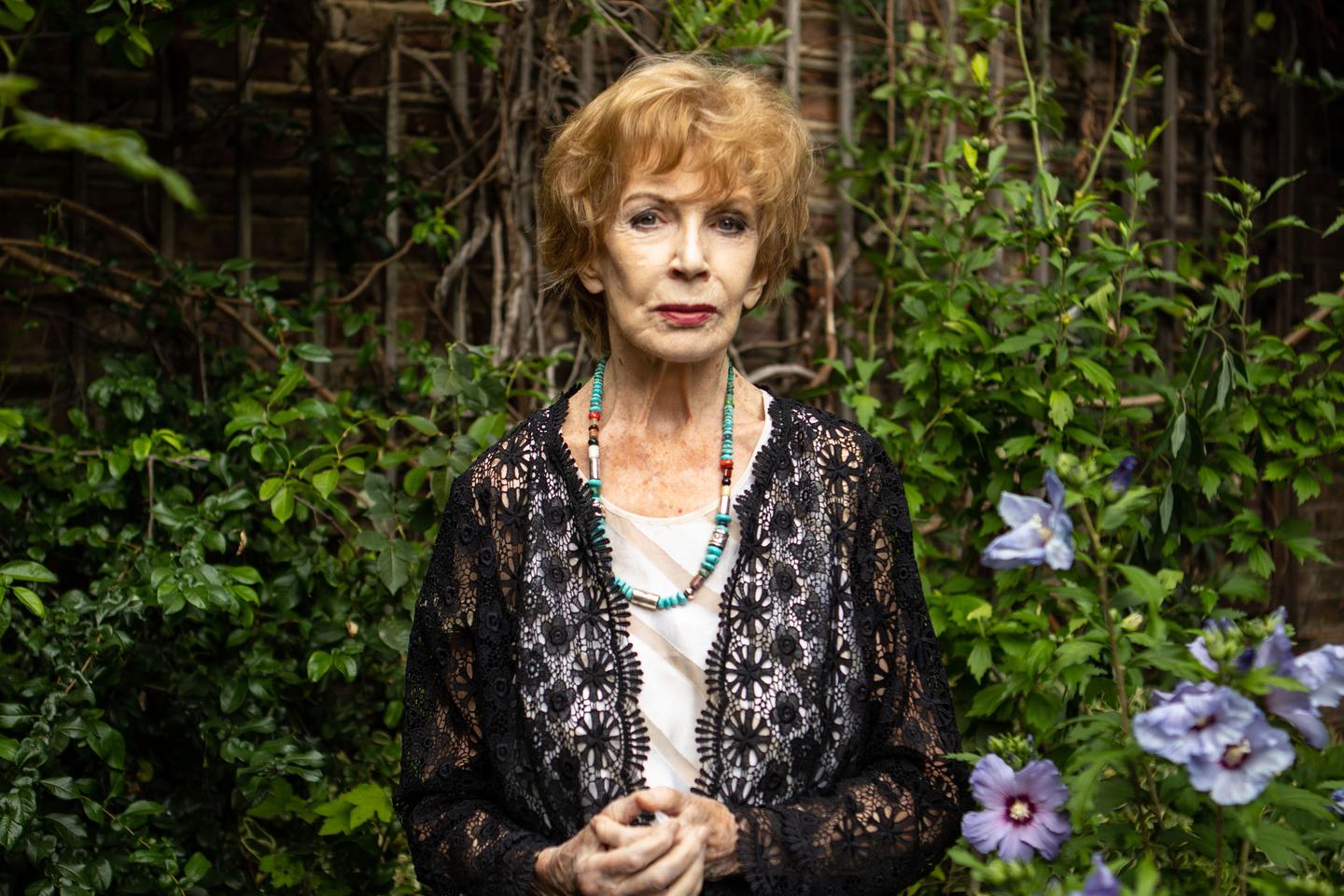Life, said Irish novelist Edna O’Brien, had been generous with her. As she confided in her autobiography, Country Girl (2013), she had “known the extremities of joy and sorrow, (…) fame and slaughter.”
This flamboyant grande dame of Irish literature, who died on Saturday, July 27 at the age of 93 according to her publisher, Faber Books, was also one of its most scandalous emissaries. Born on December 15, 1930, in Tuamgraney, County Clare, on Ireland’s west coast, the youngest of four had unapologetically left the stifling world in which she had grown up, between a mother of “medieval” religiosity and an alcoholic, violent father who had gambled the family fortune away.
After attending a Catholic boarding school and studying pharmacy in Dublin, she married, against her parents’ wishes, Irish writer and Czech-born Jew Ernest Gébler, 16 years her senior. It was in London, where she had followed him in 1958, that she found “the freedom and incentive to write,” writing The Country Girls (1988) at the request of a publishing house and in just three weeks, which would make her an instant celebrity upon its publication in 1960. The first part of a trilogy, the novel about two young girls who left their authoritarian home and convent for the adventures of an unrestrained life in Dublin, was immediately banned in her native country for obscenity. As were her next six books.
Divorced in the mid-1960s from her husband, who was jealous of her success, O’Brien, a mother of two, devoted herself entirely to writing, fine-tuning her style, a blend of raw language and lyrical flights of fancy. She lived through the hustle and bustle of swinging London, welcoming Marianne Faithfull, Paul McCartney, and Jane Fonda into her home, and Marlon Brando and Robert Mitchum into her bed.
Ireland and beyond
Her books often dealt with the condition of women in a conservative society and with love affairs doomed to failure. In August is a Wicked Month (1965), for example, a wife deserts her home to indulge in orgies on the Côte d’Azur, only to be brought back to reality by her son’s accidental death.
O’Brien kept coming back to the Ireland she had fled. In The Light of Evening (2006), she explored the ties between a mother left behind in her homeland, crushed by the weight of traditions, and her daughter, voluntarily exiled to London.
In the 1990s, O’Brien, also the author of a biography of James Joyce (1999), broadened her field of exploration to include politics and social issues. In 1994, House of Splendid Isolation (2013), featuring an IRA member hunted down by the police, evoked decades of violence between England and Northern Ireland. Two years later, Down by the River (2018) tackled Ireland’s highly restrictive abortion laws, through the story of a 14-year-old girl raped by her father.
You have 26.41% of this article left to read. The rest is for subscribers only.

